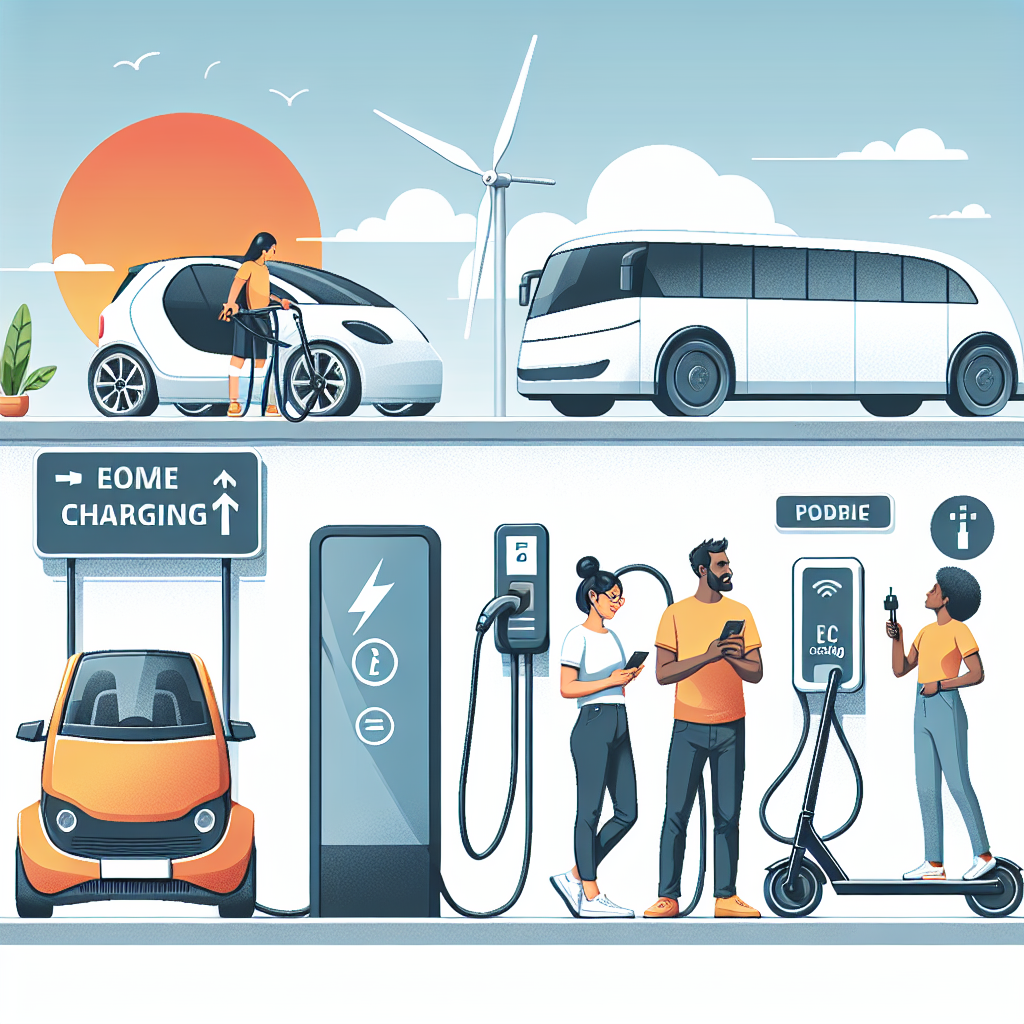Piyush Goyal Calls for Integrated EV Infrastructure to Drive India’s Green Transition
Piyush Goyal Advocates Nationwide Battery Swapping and Charging Infrastructure to Accelerate EV Adoption.

- Country:
- India
Union Minister of Commerce and Industry, Shri Piyush Goyal, has called for the integration of battery swapping facilities alongside traditional charging infrastructure to expedite the adoption of electric vehicles (EVs) in India. He urged for the transition to EVs to be embraced as “a people’s movement,” emphasizing the need for widespread collaboration between government and industry.
The Minister was speaking at a Consultation Meeting on the “Development of Battery Charging and Swapping Infrastructure,” co-hosted by the Confederation of Indian Industry (CII) and the Department for Promotion of Industry and Internal Trade (DPIIT). The meeting saw the participation of key stakeholders, including representatives from leading companies such as Amara Raja Advanced Cell Technologies, SUN Mobility, Ather Energy, Mahindra & Mahindra, Hero MotoCorp, Bajaj Auto, and others. Key Highlights of the Consultation:
-
Growth Prospects for Battery Swapping Industry representatives noted that the battery swapping sector is expected to grow to a $20 billion industry by 2030. This underscores the critical need for equitable incentives for battery swapping solutions and fixed-battery EV manufacturers alike.
-
Technological Advancements Innovative breakthroughs, such as robotics-enabled battery replacement in under 135 seconds, were highlighted as game changers for the EV ecosystem.
-
Safety and Standards Participants called for clear accountability measures and the establishment of robust standards by the Bureau of Indian Standards (BIS) to address safety concerns and ensure user confidence in battery swapping technologies.
-
Infrastructure Expansion Vision Shri Goyal outlined a vision where petrol pumps, CNG stations, and other existing fuel distribution points double as battery swapping and charging facilities. This approach, he noted, would mitigate vandalism and ensure balanced access to infrastructure across urban and rural areas.
Collaborative Efforts for Seamless Implementation
The meeting was attended by prominent government officials, including Union Minister of State for Heavy Industries and Steel Shri Bhupathi Raju Srinivasa Varma, Amardeep Singh Bhatia, Secretary of DPIIT, and senior officials from the Ministries of Power, Environment, Road Transport, and Heavy Industry. Shri Goyal emphasized the need for these ministries, in collaboration with industry representatives, to devise actionable strategies for the rollout of battery swap stations nationwide.
Broader Benefits of Integrated EV Infrastructure
The Minister underscored that building comprehensive battery swapping and charging networks would be pivotal in addressing range anxiety among EV users, lowering operational costs, and supporting India's carbon neutrality goals. He highlighted the economic potential of the EV sector in creating jobs and reducing dependence on imported fuels.
Future Roadmap for EV Adoption
Key takeaways from the consultation included:
- Prioritizing research and development for indigenous battery technologies.
- Enhancing public-private partnerships to scale infrastructure deployment.
- Leveraging digital platforms to integrate charging and swapping solutions for better consumer experience.
Piyush Goyal’s Vision for a Greener Future
“Battery swapping and charging stations are not just infrastructural necessities—they are a gateway to India’s sustainable future,” Shri Goyal remarked. He envisioned a seamless EV infrastructure that aligns with India’s overarching goals of reducing emissions, fostering innovation, and achieving energy independence.
The consultation concluded with a commitment from stakeholders to establish a roadmap that ensures the coexistence of battery swapping and charging facilities, propelling India’s journey toward becoming a global leader in electric mobility.
- READ MORE ON:
- Piyush Goyal
- electric vehicles










